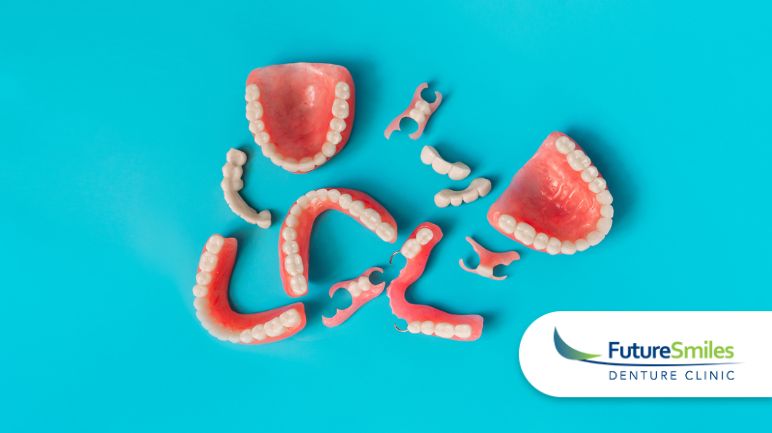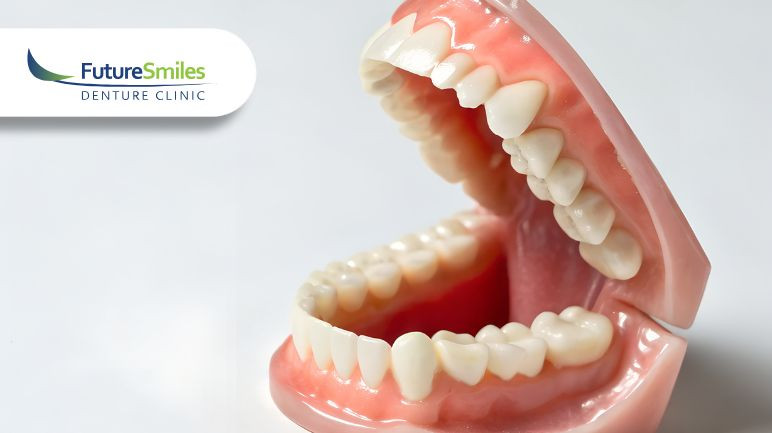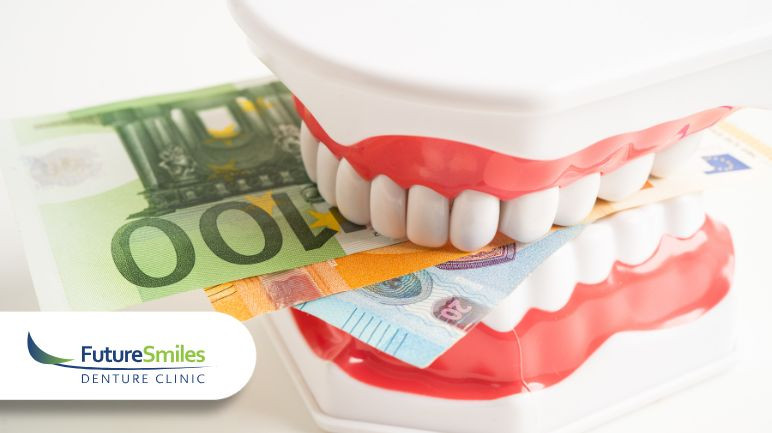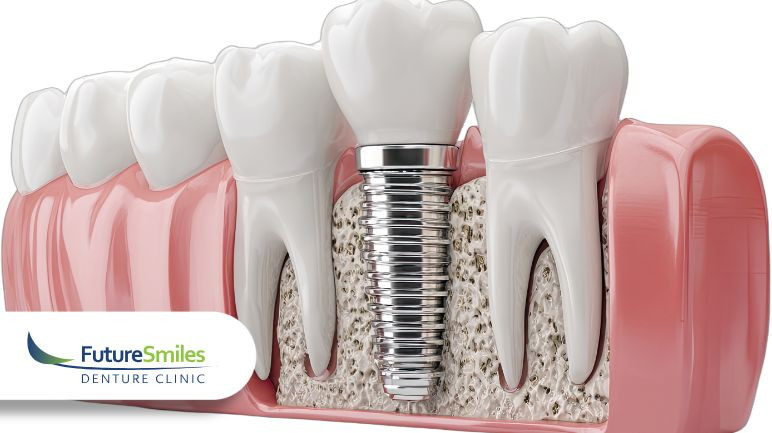Maintaining a healthy and confident smile is essential for overall well-being. When tooth loss occurs, considering dentures becomes a critical decision. Partial and full dentures are two common solutions that offer the benefits of restored functionality and improved aesthetics. In this blog, we'll explore the factors that can help you determine whether partial or full dentures are the right choice for your oral health needs. By understanding these factors, you can make an informed decision that ensures a comfortable and confident smile.
1. The Extent of Tooth Loss
The first factor to consider is the extent of your tooth loss. If you have lost only a few teeth and the remaining natural teeth are healthy and stable, partial dentures may be suitable. These dentures are designed to fill the gaps between your existing teeth, providing improved chewing ability and maintaining the alignment of your remaining teeth.
2. Overall Oral Health
Your oral health plays a crucial role in deciding between partial and full dentures. If you have multiple missing teeth and your remaining teeth are in poor condition, full dentures might be a better option. Full dentures replace an entire arch of missing teeth and are often recommended when maintaining or restoring the health of existing teeth is not feasible.
3. Bone and Gum Health
The health of your jawbone and gums is another significant factor. Partial dentures rely on your existing teeth for support, whereas full dentures require a stable jawbone and healthy gum tissue for proper fit and retention. If you have experienced significant bone loss in your jaw due to tooth extraction or other factors, full dentures might be the more suitable solution.
4. Lifestyle and Functional Needs
Consider your lifestyle and functional needs when deciding between partial and full dentures. Partial dentures allow you to retain some natural teeth, which can enhance your ability to chew and speak comfortably. Full dentures, on the other hand, provide a complete restoration of your smile, which can be particularly beneficial if you have lost most or all of your teeth.
5. Aesthetic Preferences
Aesthetic preferences also come into play. Partial dentures blend in with your existing teeth, providing a natural look. This can be advantageous if you're concerned about the appearance of your smile. Full dentures, while not anchored to natural teeth, are custom-designed to match the shape, size, and color of your natural teeth, ensuring a harmonious and aesthetically pleasing result.
6. Long-Term Oral Health Goals
Your long-term oral health goals should guide your decision-making process. If your goal is to preserve the health of your remaining natural teeth and improve overall functionality, partial dentures may align with your objectives. Alternatively, if you're seeking a comprehensive solution to tooth loss and wish to restore your smile's appearance and function, full dentures might be the better choice.
7. Consultation with a Dentist
Ultimately, the most crucial step in determining whether partial or full dentures are right for you is to consult with a qualified dentist. A dentist will assess your oral health, discuss your goals, and provide personalized recommendations based on your unique situation. Their expertise will ensure that your decision is well-informed and tailored to your specific needs.
8. The Comfort Factor
Comfort is a key consideration when choosing between partial and full dentures. Partial dentures may require adjustments to fit seamlessly with your natural teeth and gums. Full dentures, while providing a complete solution, might take some time to adjust to as you get accustomed to the new sensation in your mouth. A dentist can guide you through the adjustment process and ensure your dentures are comfortable and well-fitting.
Selecting the right dentures for your needs involves a comprehensive evaluation of factors such as the extent of tooth loss, overall oral health, bone and gum condition, lifestyle preferences, aesthetic concerns, and long-term oral health goals. The guidance of a qualified dentist is invaluable in making this decision. Whether you opt for partial or full dentures, the ultimate goal is to restore your smile's functionality, appearance, and your confidence. By carefully considering these factors and seeking professional advice, you can embark on a denture journey that provides a comfortable and confident smile for years to come.
FAQ
Q: What's the Difference Between Partial and Full Dentures?
A: Partial dentures are used when only a few teeth are missing and are designed to fill the gaps between your natural teeth. Full dentures, on the other hand, replace an entire arch of missing teeth, providing a complete restoration of your smile. The choice between partial and full dentures depends on factors like the extent of tooth loss, overall oral health, and personal preferences.
Q: Can I Choose Between Partial and Full Dentures Based on Aesthetic Preferences?
A: Yes, aesthetic preferences play a role in the decision-making process. Partial dentures blend with your natural teeth, offering a seamless appearance. Full dentures are custom-designed to match the shape, size, and color of your natural teeth, ensuring an aesthetically pleasing result. Your dentist can discuss the aesthetic considerations of both options to help you make an informed choice.
Q: How Long Does It Take to Adjust to Partial or Full Dentures?
A: The adjustment period varies from person to person. Partial dentures may require some time to get used to, especially in terms of fit and comfort. Full dentures might take a bit longer to adjust to, as you become accustomed to the new sensation in your mouth. Your dentist will guide you through the adjustment process and offer tips to ensure your dentures are comfortable and well-fitting.







